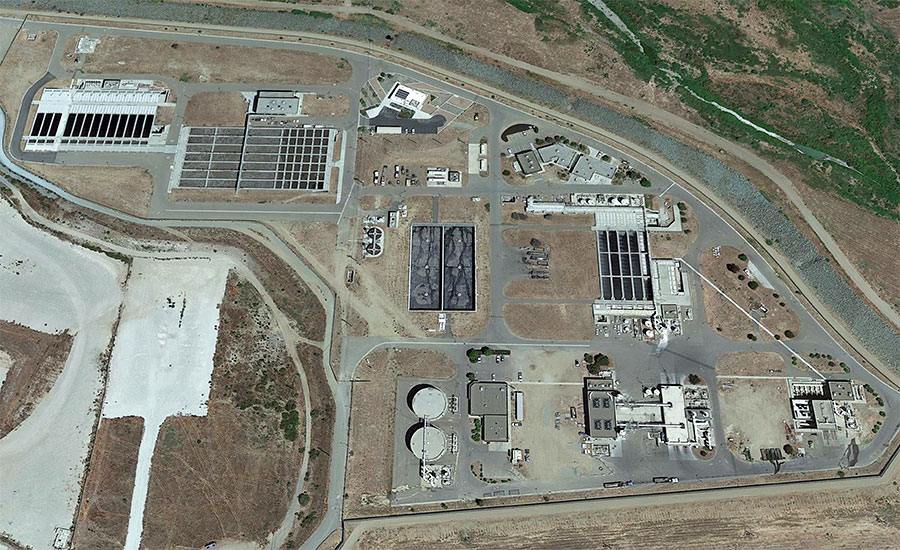The San Diego County Board of Supervisors voted unanimously Oct. 22 to authorize legal action against Veolia Water and its parent, Veolia NA, or to join existing lawsuits against the engineering consultant that operates the South Bay International Wastewater Plant that has been blamed for failing to properly treat raw sewage flowing across the border from Mexico.
The county claims that flows carried by the Tijuana River have fouled beaches and air in its southern area for decades.
Supervisor Terra Lawson-Remer filed an agenda proposal identifying the firm and "any potential responsible parties" for damages caused to the river valley, estuary, marine preserve and surrounding communities in the potential legal action. She and all four other supervisors approved the measure.
The vote drew a strong response from Veolia, which has insisted for more than a year that the sewage crisis is a result of the population expansion in Tijuana, Mexico, and that the wastewater plant it operates in San Diego's South Bay area for its federal agency client, the International Boundary and Water Commission, is not responsible for river and ocean discharges coming across the border, also noting added hurdles they present to plant operation.
In a letter to the board, Adam Lisberg, Veolia senior vice president of communications for municipal water, said the vote was not a constructive step toward solving the overflow problems.
"Scapegoating Veolia’s hard-working front-line employees for political theater does nothing to advance real solutions for the people of San Diego County," he wrote, claiming the "root cause of the environmental crisis ... is the decades-long failure" of U.S. and Mexican authorities to address more sewage and pollution flow from Tijuana that exceed plant treatment capacity. Lisberg again invited supervisors to vist the plant "so they can take a more informed approach moving forward."
The firm also offered to show them a construction site in Mexico where truckloads of dirt "are piled in spillways with no protection against erosion and drainage into the [plant.]." The Tijuana River channel, which does not enter the plant for treatment, carries sewage and debris from Mexico to Imperial Beach, Veolia says.
Board Chairwoman Nora Vargas did not immediately respond to a request for comment on the vote.
Two class-action lawsuits have been filed by residents claiming Veolia should have done more to prevent the current crisis. Attorneys for both groups have said they will add the boundary and water commission as a defendant once a waiting period expires for suing a federal agency. The county may file its own lawsuit or join one by environmental groups, according to Lawson-Remer's proposal.
The plant visit invitation was a change in tactics for the commission and Veolia, which had previously said only workers could access the facility because of potential safety risks.
“What we’ve received so far from the [commission] demonstrates no transparency of the project's past, present and future and no coherent plan" to remedy the sewage flow problem, a spokesperson for Rep. Darrell Issa (R). who represents neighboring county communities, told local publication Voice of San Diego in early 2024. He claimed the agency did not disclose issues of deferred maintenance "and sent us a bill. Saying ‘time out’ is the least we can do in the public interest."




